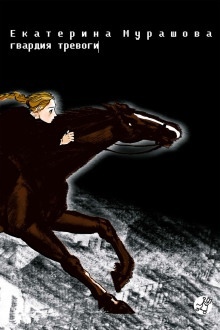
Таня Ивченко, 30 лет, Дмитрашковка
- Страна: Дмитрашковка, Украина
- Дата рождения: 26.10.1995
- Пол: женский
- ВКонтакте: 69418591
- Университет: Вуз: СПИУиП (НФ), 2013, Очно-заочное отделение, Выпускница (специалист)
Вуз: БКИУ, 2014, Очно-заочное отделение, Студентка (бакалавр)
Факультет: Юридический факультет
Вуз: Արտաշատ (Арташат), 2015, Очно-заочное отделение, Студентка (бакалавр)
Вуз: Արտաշատ (Арташат), 2015, Очно-заочное отделение, Студентка (бакалавр) - Образование: Школа: Средняя школа, 2002 - 2014
отличница
Школа: Художественная школа №1, 2009 - 2013
математик
Школа: Школа искусств № 6 им. Жуковского, 2011 - 2016
хореогаф - Деятельность: Արտաշատ (Арташат)
- Место работы: керн, 1987 - 2009, менеджер
- Место работы: офис, 1990 - 2010, редактор
- Место работы: кухар, 2007 - 2011, редактор
- Место работы: перфор, 2004 - 2011, редактор к
- Религия: Православие
- Книги: Кукушкины детки (Александр Левин); Бескомпромисный (Александр Левин)
- Аудиокниги: О Граде Божьем (Аврелий Августин); Книга Иова
- Местоположение: Определить местоположение по номеру телефона
Фотографии
Друзья 44
Таня слушала аудиокниги
Для вас — оптовые скидки
Нил Гейман

01:58:00
База-Чарли
Андрей Ташендаль

04:03:33
Бумажная магия
Чарли Хольмберг

12:04:17
Белые крылья, чёрные хвосты
Сергей Удалин

18:04:00
Гвардия тревоги
Екатерина Мурашова

15:13:32










































